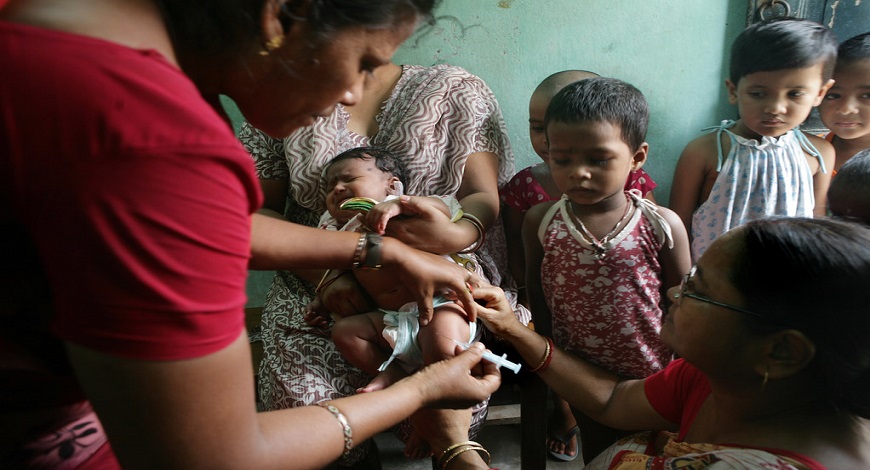Headlines of The Day
Decoding the state of Indian rural healthcare infrastructure

The status of healthcare in rural areas is unsurprisingly inadequate given the shortage of workforce and poor infrastructure. During Covid, several organisations donated ICU beds, ventilators and other essential medical equipment to hospitals to cater to the increased need for critical care infrastructure brought on by Covid. Does this solve our rural health problem? Yes to some extent. Rural India accounts for only 37 per cent of the beds available in all government hospitals across the country and there is a shortfall of primary health centers too. Even as India has chalked out an ambitious plan for building healthy rural communities, it is goal that is still far off to achieve.
Even as several NGOs and philanthropists coming forward to address the dire state of infrastructure and marshaling funding to uplift the rural healthcare system, hundreds of donated equipment is lying idle in several of these hospitals, for the sheer lack of trained hospital staff to operate these equipment. This just highlights the fact that we have merely scratched the surface and there are more serious issues waiting to be addressed. There is a shortage of intensivists and trained respiratory technicians which is why intensive care units and other equipment aren’t used to its full capacity.
Decoding the needs and taking a holistic approach to building a strong rural healthcare infrastructure, listed here are a few points to be considered:
Skill development of doctors through teleguided training
There are very few doctors in rural areas graduating with a specialisation in critical care medicine which contributes to the shortage of skilled staff. Doctors and nursing staff lack the expertise to operate devices used in intensive care settings. Training can be imparted to doctors on using ventilators and other critical care equipment in the absence of specialist staff. Teleguiding doctors and nursing staff on critical care management can help deal with short-term staff shortage during crisis and emergency situations.
PPP can be a catalyst in training healthcare workers
Hospital staff training can be accelerated through PPP (public-private partnerships) in healthcare. Private players’ financial support and expertise can be critical to creating knowledge banks for the hospital staff. The advent of technology has made knowledge upgradation much easier than before. Hospital staff must be given free access to content and tutorials so they can effortlessly upskill. Specialist doctors can be roped in to conduct webinars and provide crucial tips to doctors and nurses on efficient use of equipment and units received by hospitals.
Conduct video conferences and sessions to accelerate training
Doctors and hospital staff have busy schedules and may not always find time to venture out of their regions due to several constraints. Video conferences and online training sessions will be of immense help in upgrading the hospital staff’s knowledge. With guidance and mentorship available right at their fingertips, the instances of equipment lying unused in hospitals can be greatly reduced. Video conferences can help provide one-on-one training opportunities with specialists and live support in the form of telementoring. This is critical to increase the knowledge base and expertise of healthcare staff in rural and tier 2 cities.
Regular assessment, upkeep and upgradation of machines
Rural hospitals need to upgrade their equipment in a timely manner to provide the best possible patient care. User-error mistakes can be avoided with proper training to correctly manage the medical equipment. A training plan can also be designed for the hospital staff on providing preventative maintenance to the medical equipment. If the hospital staff doesn’t have enough knowledge on operating the equipment, it will further complicate repairs and maintenance. Older technologies must be replaced with new equipment in addition to upskilling and training doctors and nurses.
The paucity of trained specialists is a challenge that needs to be addressed immediately as a robust infrastructure will still remain underutilised if there are no trained doctors and staff to handle the equipment. There are only 350 intensivists in India for three lakh ICU beds and most of them are concentrated in urban areas. Public-private partnerships and implementation of technology can be critical to creating a pool of qualified and trained medical workforce in rural and tier 2 cities. This will ensure the hospitals aren’t just armed with high-end equipment but have a trained worker for every bed. BW Healthcare














